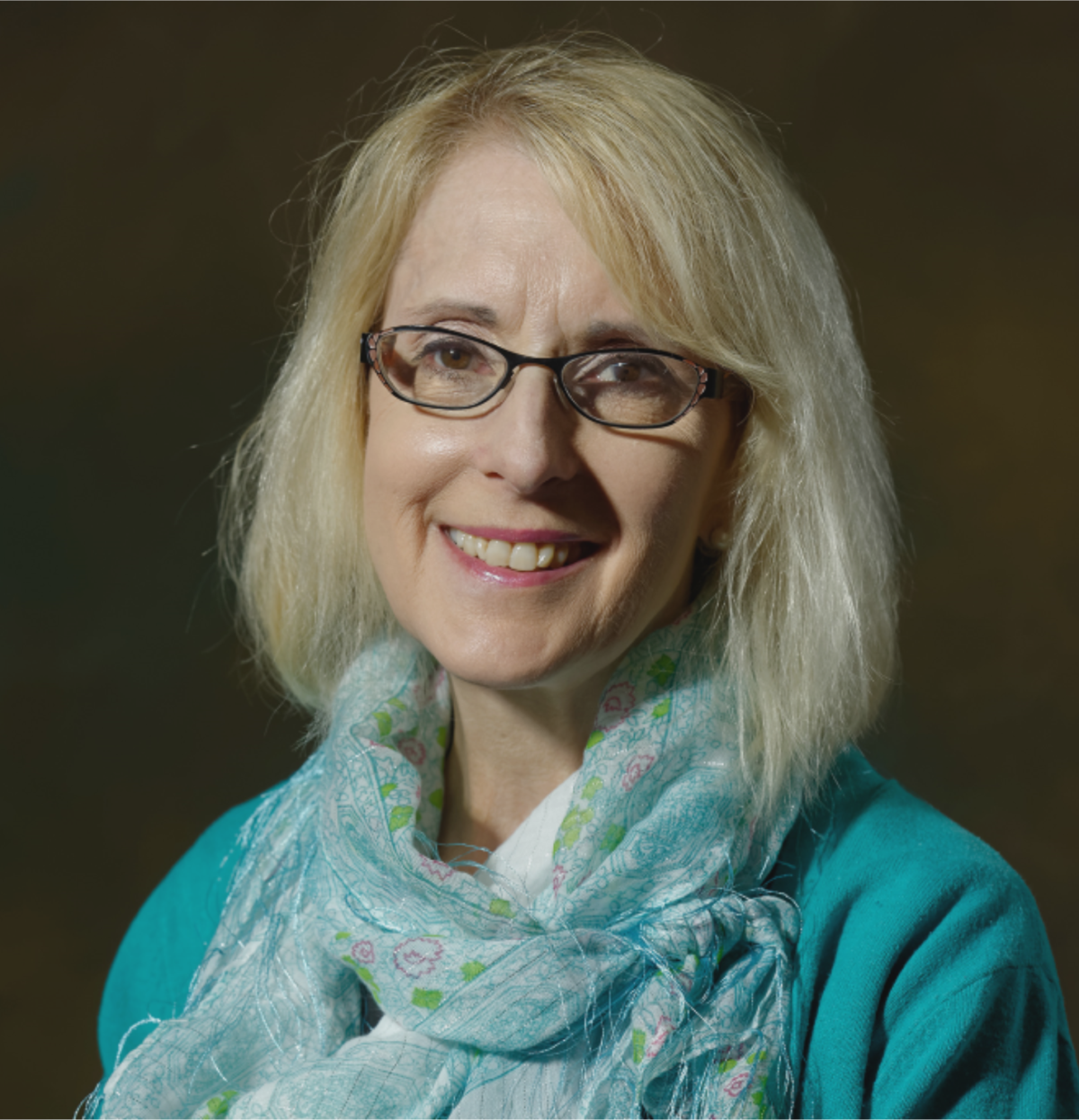
“We ask, ‘What is most important to you? How do you want to live now?’ In the course of a medical illness, you may have received several doctor recommendations, family input, and read up on options online. By determining what you would like in this stage of your life-limiting illness, we are able to help you explore what that goal looks like.”
When our patients enroll in hospice, they have an interdisciplinary team consisting of a nurse, chaplain, social worker, aide, and a physician. Throughout this process, many of their emotional and logistical needs are supported by social workers, who serve as their advocates – listening to the patient and family’s needs and addressing them. This month, we met with a Montgomery Hospice and Prince George’s Hospice social worker, Beth Kreimeyer, to discuss the role that social workers play in hospice, and how our patients and families can benefit.
We thank Beth for sharing her expertise and explaining the valued role of a social worker and patient advocate in hospice care. To learn more about our services, visit www.montgomeryhospice.org/services.
Content adapted from interview between Beth Kreimeyer and Meghna Taneja, Montgomery Hospice and Prince George’s Hospice staff.

